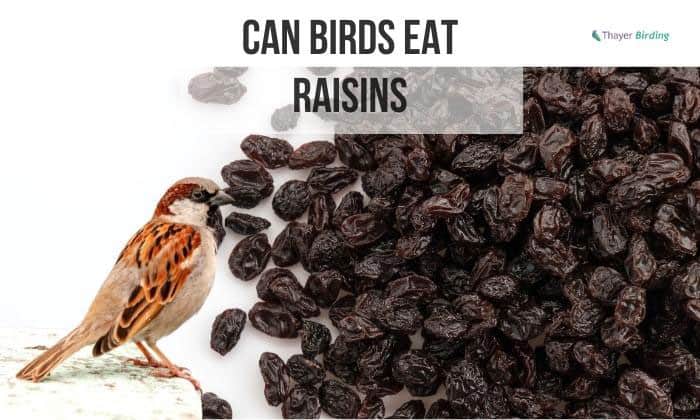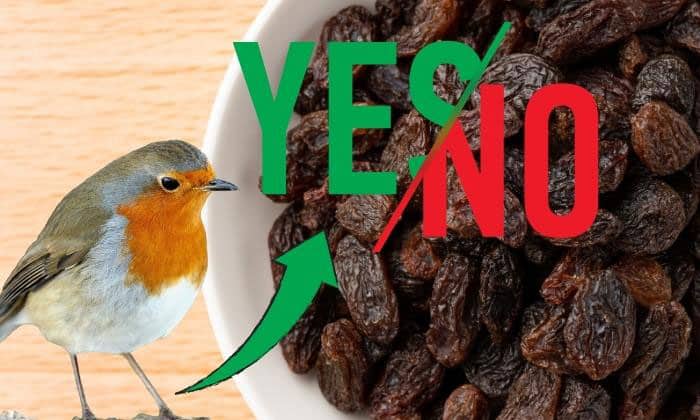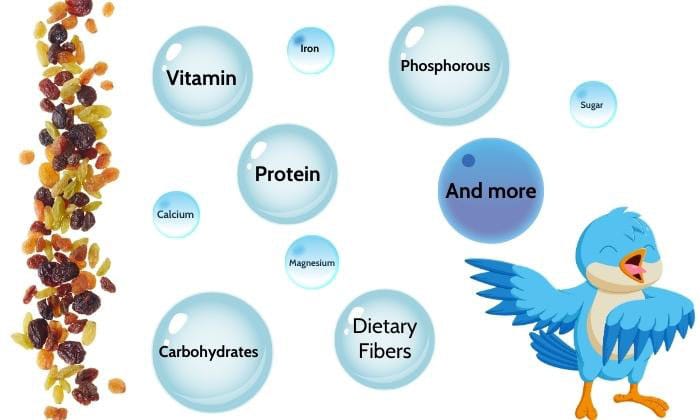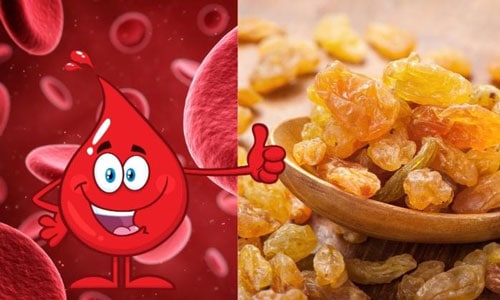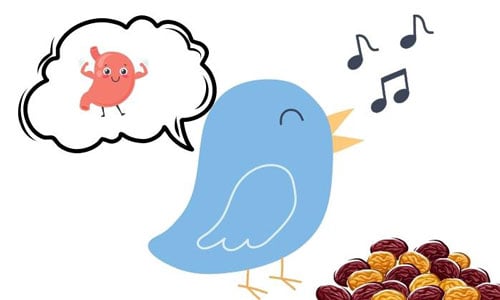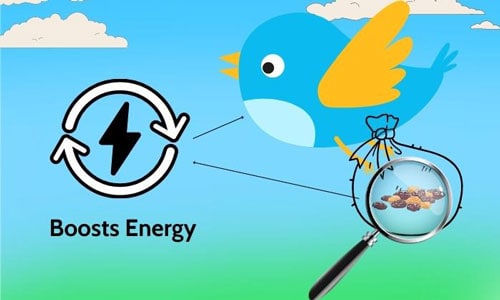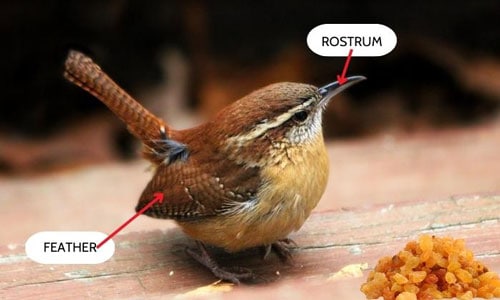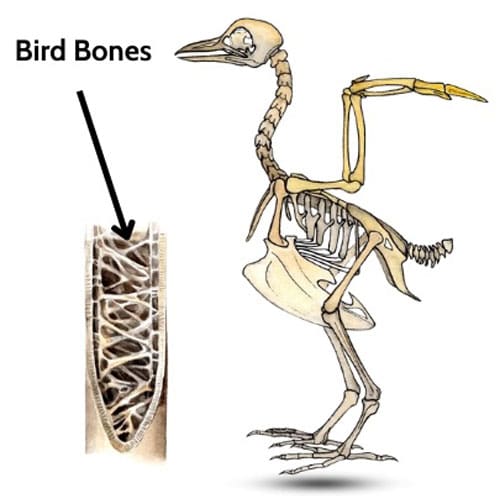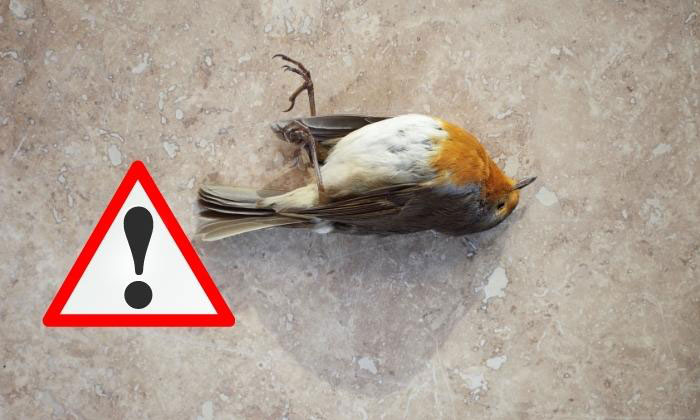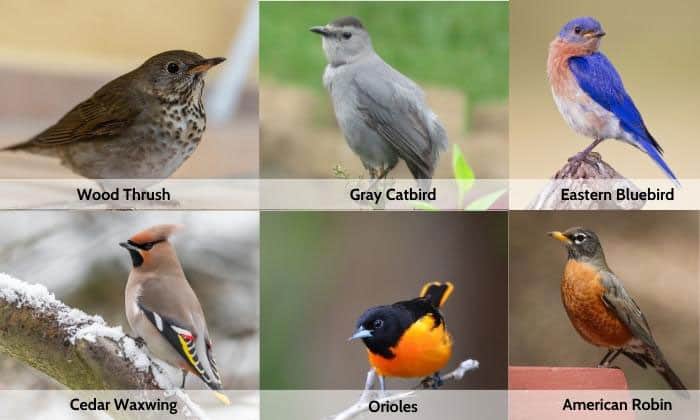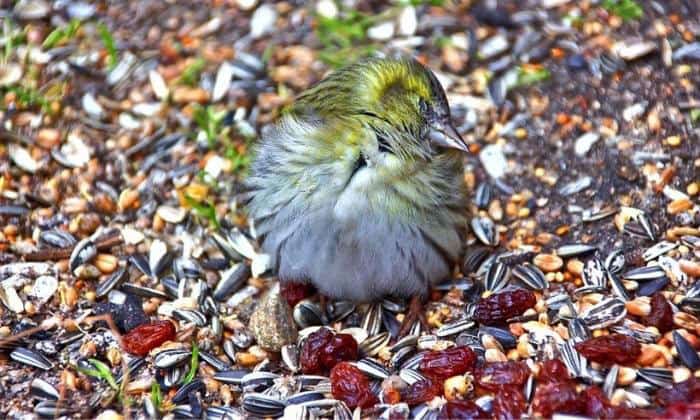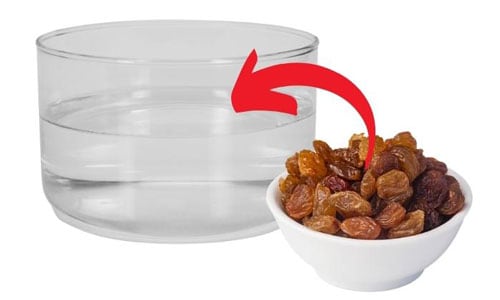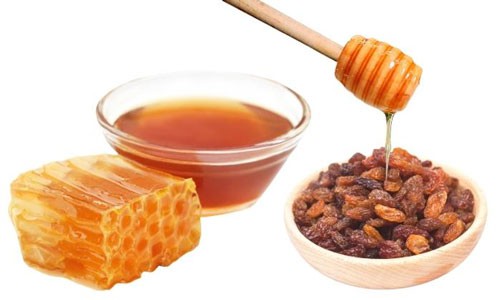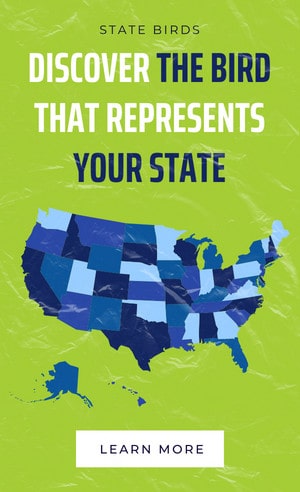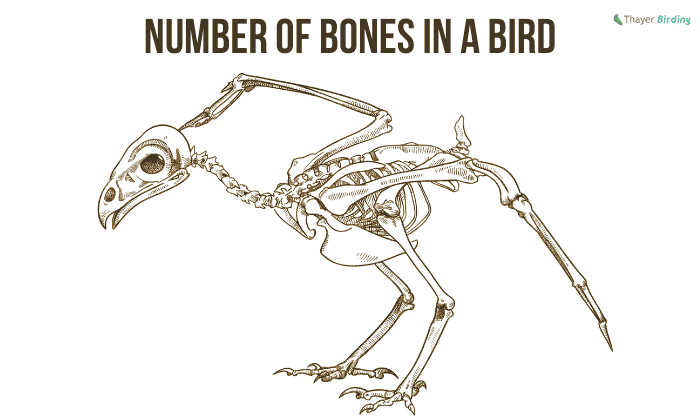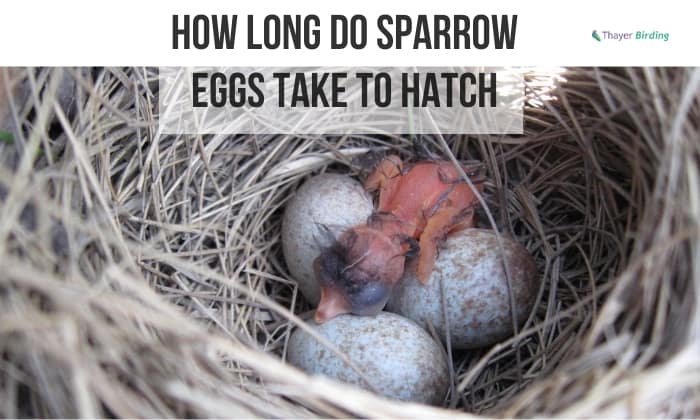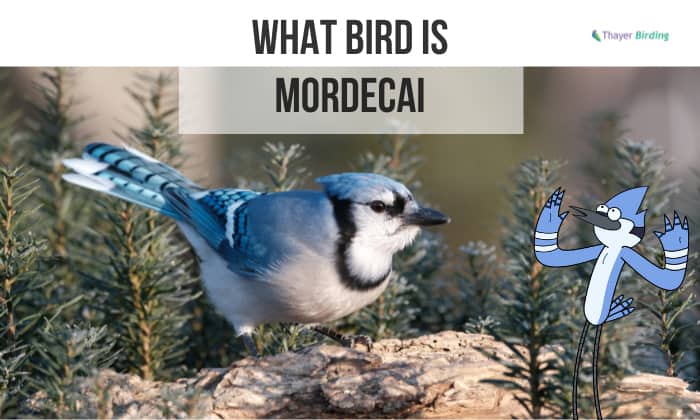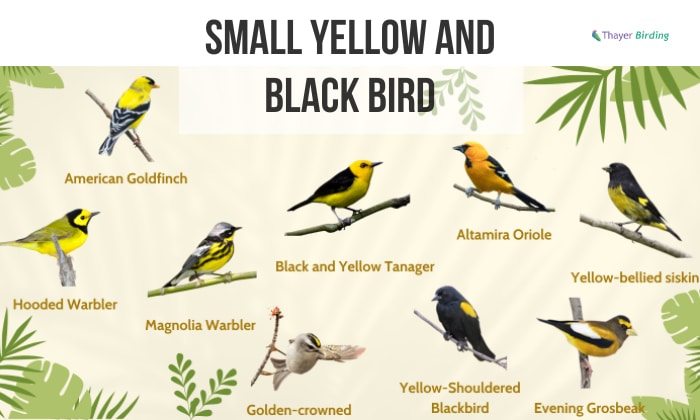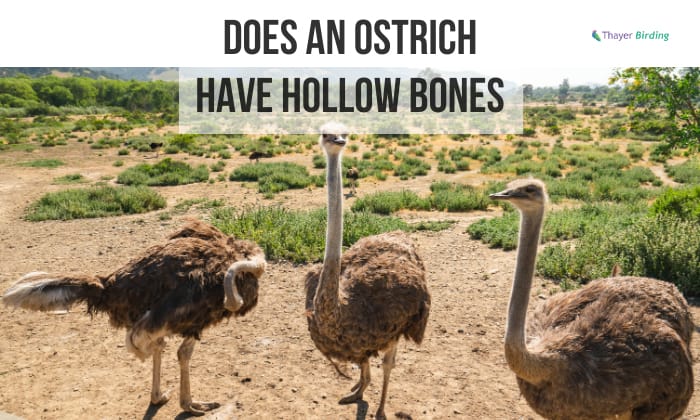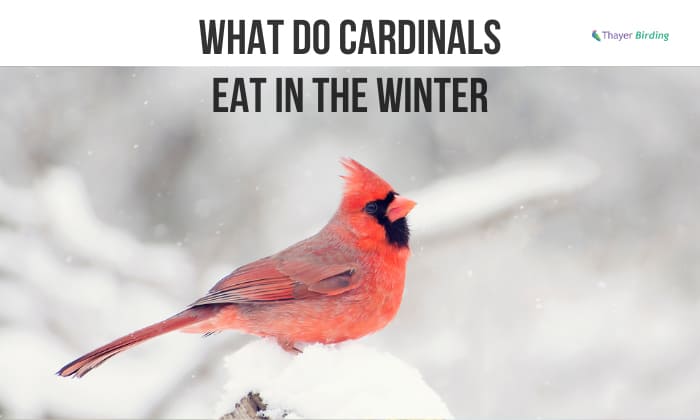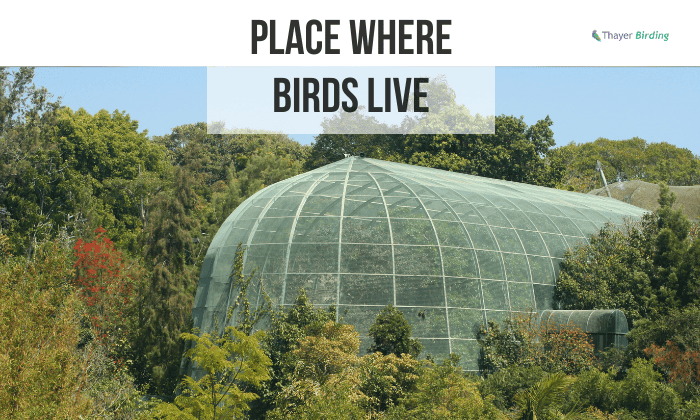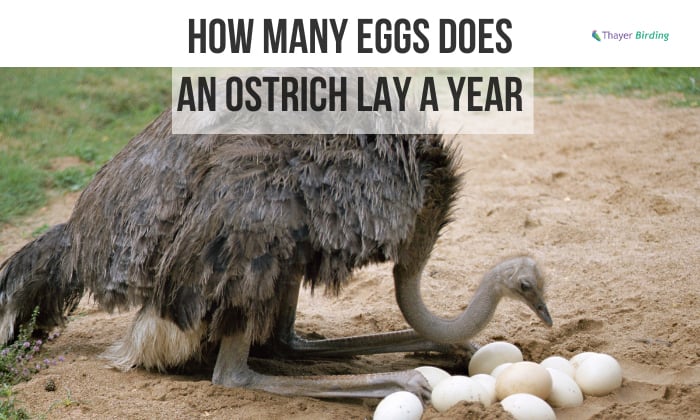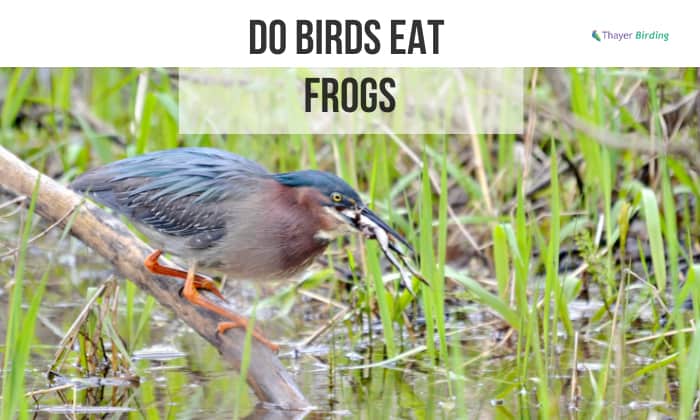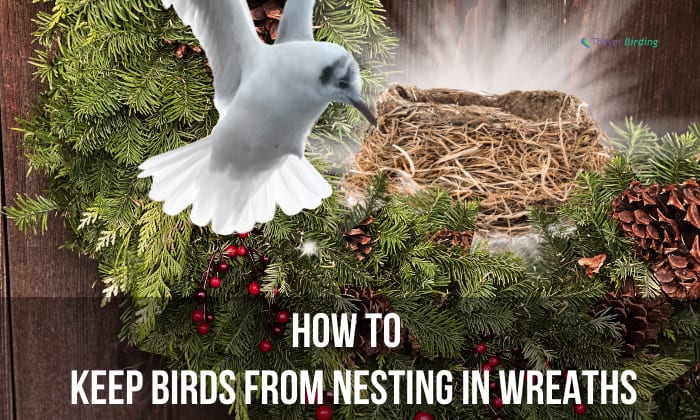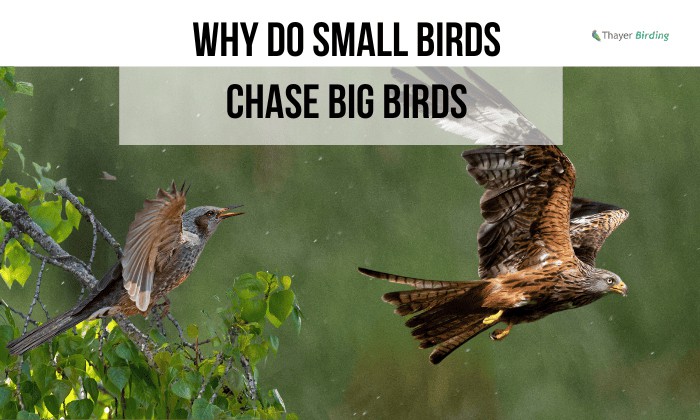Can birds eat raisins? Yes! Most bird species can ingest raisins. Feeding birds with raisins is a good decision since this dried food contains the nutrients they need to stay healthy. However, make sure to feed them in moderation.
Let’s learn more about raisins and birds from their nutritional value, the risks, how to feed them, and what bird species can significantly benefit from this dried treat.
Table of Contents
Can Birds Eat Raisins
Birders are always on the lookout for the best food for their feathered neighbors. There’s mixed seeds, sunflower hearts, peanuts, suet, and more! At some point, you’ve probably asked, “Are raisins good for birds?”
The answer is, yes! Most birds can safely eat this dried fruit. Raisins are a good addition to any bird feeder since they can help balance the nutrition the birds are getting from every food you put out for them.
The Benefits of Feeding Birds Raisins
Feeding raisins to birds might be one of the best things you can do for your backyard friends. Why?
If you don’t know yet, raisins are dried grapes. This means all the nutrition present in grapes is also found in raisins, but only in lesser quantities. And since birds are small, the amount is just right for them to reap its benefits. What health benefits?
Let’s look at the nutritional composition of raisins:
- Vitamin A
- Vitamin B1, B2, B3, B5, B6, and B9
- Vitamin C
- Vitamin E
- Vitamin K
- Calcium
- Iron
- Magnesium
- Potassium
- Selenium
- Phosphorous
- Fat
- Sugar
- Protein
- Carbohydrates
- Dietary Fibers
- And more!
Each of these vitamins and minerals has a specific benefit.
1. Improved Blood Flow
The complex B vitamins in raisins all have different roles in contributing to the overall health of avians. However, they all work together to enhance red and white blood cell production, which promotes healthy blood flow. In addition, iron helps better blood oxygenation.
2. Healthy Digestive System
The dietary fibers in raisins can support a better functioning digestive system that can better absorb nutrients. It also improves their appetite.
3. Decreases the Chances of Stroke
Raisins have high levels of potassium. This mineral can maintain a healthy blood sugar level and safeguard the birds from stroke. It also enhances muscle function and development.
4. Boosts Energy
The natural sugar in raisins is a good energy source, especially for species with nectar as the main part of their diet. The burst of energy they will get from this sweet treat will aid them in staying in the air for a long time.
5. Keep Feathers and Beaks in Good Condition
Proteins and carbohydrates are macronutrients that are abundant in raisins. Like natural sugars, carbs give the birds the energy boost they need for flight. Protein, on the other hand, can support healthy feathers and beaks.
6. Stronger Bones and Better Healing
Calcium is necessary to increase bone strength and resistance to fractures. Vitamin C is an antioxidant essential for cell health and recovery.
Wild birds, in particular, can greatly benefit from this nutrient-packed treat. Winter is a tough time for these birds, with little food sources available for them. With raisins, they can get nourishing food to help them survive the cold months.
Are There Any Potential Risks?
The health benefits of raisins in birds in undeniable, but you should also know that there are some limits.
- First, never feed birds too many raisins at a time. Overconsumption can cause health complications and digestive problems.
- Raisins are rich in sugar. When birds consume too much of these treats, the excess will be deposited as fats which will result in birds gaining weight. This will affect their agility and make them an easy target for predators.
- Lastly, raisins should only be given occasionally, not as the main food, and definitely not the only thing on the feeder. Birds need a variety of food depending on their diet for them to remain in good shape.
What Types of Birds Can Eat Raisins?
Most North American birds love raisins. Are you curious about what birds eat raisins? We have a list of species for you. If you serve raisins in your bird feeder, you might see them stop by for a snack.
- Gray Catbird
- Wood Thrush
- Cedar Waxwing
- Orioles
- Eastern Bluebird
- American Robin
- Scarlet Tanager
- Northern Mockingbird
- Northern Cardinal
- Brown Thrasher
- Sparrow
- Wren
- Blue Tit
Many bird owners also give raisins to their pet parrots for entertainment. Even sanctuaries give this dried treat to their captive birds as an added nutritional supplement.
How to Feed Raisins to Birds Safely
If you want to feed raisins to birds, you have to do it the right way. There are several methods you can use to add raisins to the bird’s feeding routine.
But first, make sure to pick the right raisin variety since not all of them are ideal for birds. Opt for organic raisins with no preservatives and additives. Always check for molds and unpleasant smells.
Now, on to how to safely feed raisins to birds.
1. Soak in Water
Do this for 5 to 10 minutes. It will not only plump up the raisins for easy digestion but it will also remove impurities.
2. Mix With Nectar
We can use the raisin water from soaking the dried fruit for a nectar mix. This will boost not only the sweetness but also the nutritional value of the solution.
3. Add to Suet
Step up your homemade suet with raisins. This will make the treat seem fuller with more variety. Mix it with other birds’ favorites, like seeds and nuts.
Black raisins are the top pick for the type of raisin for birds, but you can also mix it up with sultanas, currants, golden raisins, and even fresh grapes!
Conclusion
Raisins for birds are a great idea! We learned it is a nutritional snack that can offer tons of health benefits for your feathered friends as long as you know how to prepare it properly and how much to put out.
We hope this article answers the “Can birds eat raisins?” Did you learn something new from this content? If you have more tips to share about feeding birds with raisins, comment them below!

George and I became friends after a birdwatching trip with our new group. And we have been enjoying every adventure together. When he told me the idea of establishing a site that shares our experiences and fun, I immediately agreed. After trials and errors, here we have Thayerbirding.


